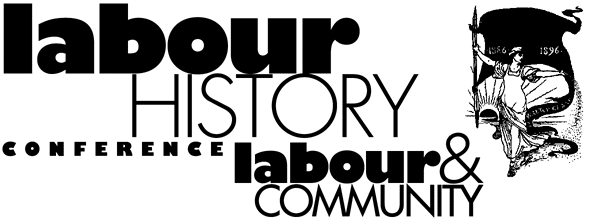Start Date
4-10-1999 3:30 PM
End Date
4-10-1999 4:00 PM
Description
Organised labor'sl most critical problem in the twentieth century has been how to bring economic and political democracy to workers. The extension of democracy for workers, however, cannot be separated from the problem of democracy and human rights for society as a whole. At various times, the needs of the general society have been far more important than just workers' needs, especially when countries have been plunged into the terror ofrightwing statesanctioned2 violence. The two main institutions of organised labor in modem times have been trade unions and political parties. Social movements, however, have always provided the impetus for major (as opposed to incremental) social and political changes that workers' unions and parties may have helped initiate. In the first half of the twentieth century, virtually every union and political breakthrough for workers in industrialising countries involved leftwing3 leaders and organisations in some way, even if these initiatives at times were led by mainstream unions and labor-oriented parties with moderate policies and actions, and with leadership that did not include or only marginally included the left.
Leftwing Labor and Rightwing Violence: Comparing Interwar Regimes in Argentina, Australia, Japan, and the United States
Organised labor'sl most critical problem in the twentieth century has been how to bring economic and political democracy to workers. The extension of democracy for workers, however, cannot be separated from the problem of democracy and human rights for society as a whole. At various times, the needs of the general society have been far more important than just workers' needs, especially when countries have been plunged into the terror ofrightwing statesanctioned2 violence. The two main institutions of organised labor in modem times have been trade unions and political parties. Social movements, however, have always provided the impetus for major (as opposed to incremental) social and political changes that workers' unions and parties may have helped initiate. In the first half of the twentieth century, virtually every union and political breakthrough for workers in industrialising countries involved leftwing3 leaders and organisations in some way, even if these initiatives at times were led by mainstream unions and labor-oriented parties with moderate policies and actions, and with leadership that did not include or only marginally included the left.


